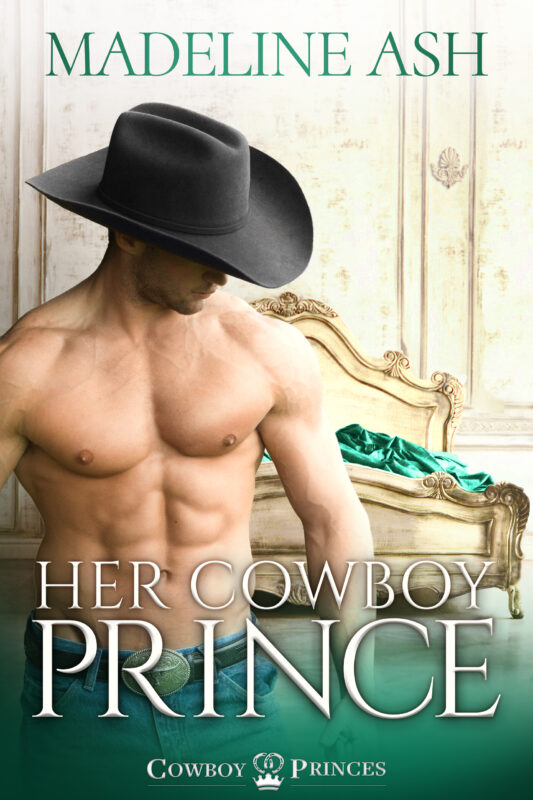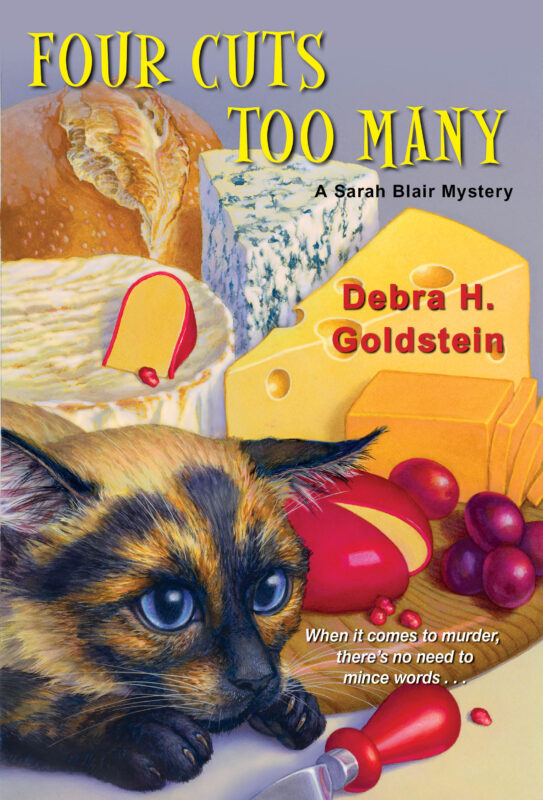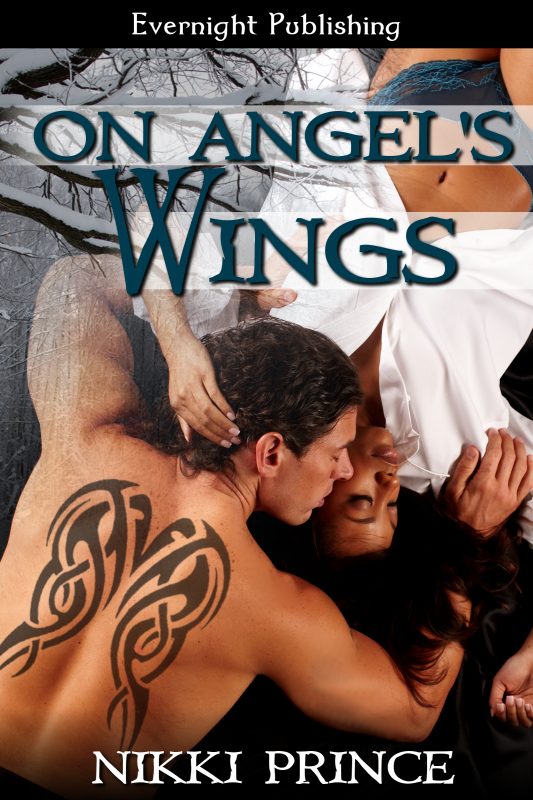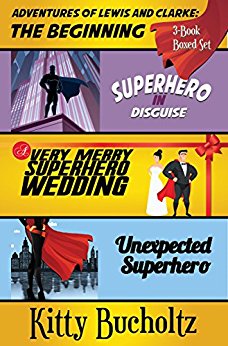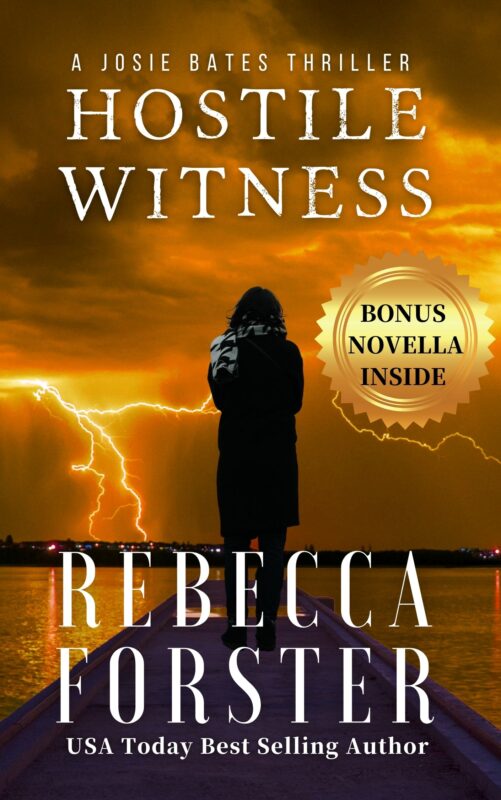Some sweeping generalizations and celebrating stereotypes:
August 24, 2015 by A Slice of Orange in category ArchivesCopy line on movie ad (no, I can’t remember the title) with armed woman: Wife. Mother. Hero.
Why is a women defined by her relation to others? Would any man be described as Husband. Father. Hero.? I don’t think so. More like: Explorer. Visionary. Hero.
It’s all about what he does, who he is. Hers is about who she is connected to. That’s why women traditionally have an honorific that links them to their male partner: Mrs. Or lack of partner: Miss. Vs men, who are just Mr. Their status as a partner is deemed irrelevant.
For instance: a man does not need to be reminded to put his oxygen mask on first. His default is to think of himself first, others later. And he expects others to think the same way—to first take care of themselves, then perhaps consider others. That may be why he doesn’t thank you (you female person) for your selfless act. He thinks you’re crazy. Or stupid. Or both. Or maybe just trying to ingratiate yourself with him, as he tends to think hierarchically, so sees favors in a transactional manner. Not that a man isn’t capable of a selfless act, it’s just an unlikely part of his daily routine.
Women often think of others first, themselves last. For many that’s their default (yes, even if they’re not mothers). And they expect others to think the same way. And of course they (female people) take it personally (perhaps with a long-suffering sigh) when they discover there’s no parity, and they’re not very high on anyone else’s list. Perhaps even more irritatingly, they may be thought of as being an idiot for taking care of others and not bothering to take care of themselves.
Each sex is ‘modeling’ behavior that the other guy just isn’t picking up. Neither is exactly right, but not entirely wrong, either. And it doesn’t align.
Men tend to see things hierarchically, competitively, with winners and losers, while women tend to be more collegial and consensus driven, focusing on making something work. (Hey, my title promised “Some sweeping generalizations and celebrating stereotypes,” don’t say I don’t deliver!). Deborah Tannen’s Talking 9 to 5 offers some great stories of how these different basic assumptions can create miscommunication, misunderstanding and problems.
In many cultures, women traditionally have had little to no direct power and have had to work with indirect power: influence, relationships, connections, being liked, finding people to partner with. For a woman, helping others, doing favors, etc. is often a way of establishing friendship and usually inspires thanks, gratitude and likely a return favor in response—if the recipient is a woman.
But if the recipient is man, he may well see the gift as an effort to curry favor, confirming his status as the superior: the one to whom gifts and honor are due. Thanks are not necessary and no return gift would ever be given, as that would mean Giver and Givee were on the same level, which is not an acceptable idea when a hierarchy has just been established to Givee’s satisfaction!
Women may view support as a circular, mutually beneficial experience. For men, it is likely more linear, a bottom up effort to propitiate and curry favor of the leaders—who may then have an obligation to protect their underlings. Like a feudal lord getting his due from his dependents, he will have to try to stave off the barbarian hordes if they show up, or build a walled city to protect them, but he’s not partners with his serfs.
You can see how misunderstandings and disappointments might abound!
And why romance writers and romance readers are a necessary ingredient in our lives….
0 0 Read moreThe Power of Emotion by Connie Vines
August 13, 2015 by A Slice of Orange in category Archives tagged as A Slice of Orange, Cajun Romance, Connie Vines, Emotion, H.O.L.T. Medallion, Native American Romance, Rodeo Romance, Writing Emotion|
synonyms:
|
|
synonyms:
|
|
Blog.
Please stop by next month.
 |
| Fall Release: BWL, Ltd. |
 |
| Novella, BWL, Ltd., current release |
Cinderella’s got new glass slippers: My Kindle Scout Experience Part 4 by Jina Bacarr
August 11, 2015 by A Slice of Orange in category Writing tagged as Amazon, Cinderella, Civil War, Civil War 150, Confessions of a Podcast Goddess, glass slipper, historical, Kindle Press, kindle scout, new release, PR, romance, time travel(You can read my previous posts about my experience with the Kindle Scout program by clicking on Part 1 , Part 2 and Part 3.)
Glass slippers don’t last forever…
But Kindle e-Books do.
So when Cindy discovered her treasured glass slippers had a crack in them…ow! It was time to get a new pair.
And that’s what’s been happening in publishing. It’s time to embrace new and different ways of getting our books to readers. That’s where the Kindle Scout program fills the gap. As I’ve discussed in previous posts, it’s been an amazing journey for me since I started my campaign with LOVE ME FOREVER, my Civil War time travel romance.
Last week I danced in my slippers when LOVE ME FOREVER went on sale.
Amazon sent me an email with the screenshots, showing LOVE ME FOREVER PR. My book was in the first slot on page one.
I’ve been blogging, too. Check out my posts on www.jinabacarr.wordpress.com
Facebook Launch Party
The Kindle Scout Authors did a 3-hour Facebook party. It was amazing…you can read all the comments and see what happened here: https://www.facebook.com/events/1755873821306210
Time travel is my favorite genre, so I was thrilled to hit the Kindle e–Books>Romance>Time Travel Top 100 list several times. Here’s a graphic I made:
But most gratifying to me are the reviews:
“This is one of the best time travel historical novels I have ever read. I was hooked from page one. The descriptive scenes of the Civil War battles are so realistic that you find yourself imagining you are actually on the battlefield. I highly recommend this book.”
“Gripped me from the first page and wouldn’t let go until I finished the book HOURS later.”
“Rich in history and social issues, Love Me Forever is both deep and emotionally compelling. Another fine read from a Kindle Scout winner.”
=============
What’s next for me? I’m writing the sequel to LOVE ME FOREVER, “Love Me Always,” where we meet up with the offspring of the one of the heroines and send her off on her own time traveling adventure!
Thanks for coming along with me on my journey.
~Jina
Website: www.jinabacarr.com
Blog: www.jinabacarr.wordpress.com
================
Character, personality, empathy, story
July 24, 2015 by A Slice of Orange in category ArchivesHow do you create compelling, distinct characters, convey personality, create a sense of empathy, and tell a story…with a limited number of words?
We not only get to know the four friends, but the narrator as well….
The Four Friends
Leonard was a lion with a six foot tail,
George was a goat, and his beard was yellow,
And James was a very small snail.
Leonard had a stall, and a great big strong one,
Earnest had a manger, and its walls were thick,
George found a pen, but I think it was the wrong one,
And James sat down on a brick
Earnest started trumpeting, and cracked his manger,
Leonard started roaring, and shivered his stall,
James gave a huffle of a snail in danger
And nobody heard him at all.
Earnest started trumpeting and raised such a rumpus,
Leonard started roaring and trying to kick,
James went on a journey with the goats new compass
And he reached the end of his brick.
Ernest was an elephant and very well intentioned,
Leonard was a lion with a brave new tail,
George was a goat, as I think I have mentioned,
but James was only a snail.
A. A. Milne (1882-1956)
0 0 Read moreIn My Day…
June 24, 2015 by A Slice of Orange in category Archives tagged as blue jeans, Isabel Swift, LevisI was looking for a pair of normal jeans and not having much luck. So I went into the giant Levi shop (All Levis All The Time) filled with hope! Surely Levi would be able to deliver a pair of regular jeans.
Think again.
Fabric dark, cheap feeling, and like ever other jean product available on the market “stylishly” torn, big holes at knees or strange white blobs of wear on the legs in places that would never, naturally, get worn.
Or multiple peculiar holes all over, as if they’d been left hanging in some automatic weapons firing range and had been peppered good. Or both…
I look at the young clerk and confessed: “You know, I just feel it is my job to wear out my own jeans. It doesn’t seem right to have it contracted out to some machine or child laborer.”
He nodded sympathetically. (The customer is always right).
Yes, in my day we had active lives. We did stuff. We wore holes in our jeans without any outside help. Yep, not even from our disinterested non-helicopter parents.
Our jeans were authentic. Artisanal. Indeed the work was just about as local as you could get.
When you look at the language being used now to market and enhance our present possessions, foods and lifestyle, beneath the words, you can hear this wild, inchoate cry against the virtualness of much of our present existence: instant, effortless, convenient. But somehow insubstantial, unsatisfying.
Unearned.
Isabel Swift
0 0 Read moreAffiliate Links
A Slice of Orange is an affiliate with some of the booksellers listed on this website, including Barnes & Nobel, Books A Million, iBooks, Kobo, and Smashwords. This means A Slice of Orange may earn a small advertising fee from sales made through the links used on this website. There are reminders of these affiliate links on the pages for individual books.
Search A Slice of Orange
Find a Column
Archives
Featured Books
FOUR CUTS TOO MANY
Sarah Blair gets an education in slicing and dicing when someone in culinary school serves up a main corpse in Wheaton, Alabama . . .
More info →ADVENTURES OF LEWIS AND CLARK BOXED SET
She thought marriage would be sex, laundry, and a mortgage.
Girl, was she wrong.
HOSTILE WITNESS
A Prominent judge is dead; a sixteen-year-old girl is charged.
More info →Newsletter
Contributing Authors
Search A Slice of Orange
Find a Column
Archives
Authors in the Bookstore
- A. E. Decker
- A. J. Scudiere
- A.J. Sidransky
- Abby Collette
- Alanna Lucus
- Albert Marrin
- Alice Duncan
- Alina K. Field
- Alison Green Myers
- Andi Lawrencovna
- Andrew C Raiford
- Angela Pryce
- Aviva Vaughn
- Barbara Ankrum
- Bethlehem Writers Group, LLC
- Carol L. Wright
- Celeste Barclay
- Christina Alexandra
- Christopher D. Ochs
- Claire Davon
- Claire Naden
- Courtnee Turner Hoyle
- Courtney Annicchiarico
- D. Lieber
- Daniel V. Meier Jr.
- Debra Dixon
- Debra H. Goldstein
- Debra Holland
- Dee Ann Palmer
- Denise M. Colby
- Diane Benefiel
- Diane Sismour
- Dianna Sinovic
- DT Krippene
- E.B. Dawson
- Emilie Dallaire
- Emily Brightwell
- Emily PW Murphy
- Fae Rowen
- Faith L. Justice
- Frances Amati
- Geralyn Corcillo
- Glynnis Campbell
- Greg Jolley
- H. O. Charles
- Jaclyn Roché
- Jacqueline Diamond
- Janet Lynn and Will Zeilinger
- Jaya Mehta
- Jeff Baird
- Jenna Barwin
- Jenne Kern
- Jennifer D. Bokal
- Jennifer Lyon
- Jerome W. McFadden
- Jill Piscitello
- Jina Bacarr
- Jo A. Hiestand
- Jodi Bogert
- Jolina Petersheim
- Jonathan Maberry
- Joy Allyson
- Judy Duarte
- Justin Murphy
- Justine Davis
- Kat Martin
- Kidd Wadsworth
- Kitty Bucholtz
- Kristy Tate
- Larry Deibert
- Larry Hamilton
- Laura Drake
- Laurie Stevens
- Leslie Knowles
- Li-Ying Lundquist
- Linda Carroll-Bradd
- Linda Lappin
- Linda McLaughlin
- Linda O. Johnston
- Lisa Preston
- Lolo Paige
- Loran Holt
- Lynette M. Burrows
- Lyssa Kay Adams
- Madeline Ash
- Margarita Engle
- Marguerite Quantaine
- Marianne H. Donley
- Mary Castillo
- Maureen Klovers
- Megan Haskell
- Melanie Waterbury
- Melisa Rivero
- Melissa Chambers
- Melodie Winawer
- Meriam Wilhelm
- Mikel J. Wilson
- Mindy Neff
- Monica McCabe
- Nancy Brashear
- Neetu Malik
- Nikki Prince
- Once Upon Anthologies
- Paula Gail Benson
- Penny Reid
- Peter Barbour
- Priscilla Oliveras
- R. H. Kohno
- Rachel Hailey
- Ralph Hieb
- Ramcy Diek
- Ransom Stephens
- Rebecca Forster
- Renae Wrich
- Roxy Matthews
- Ryder Hunte Clancy
- Sally Paradysz
- Sheila Colón-Bagley
- Simone de Muñoz
- Sophie Barnes
- Susan Kaye Quinn
- Susan Lynn Meyer
- Susan Squires
- T. D. Fox
- Tara C. Allred
- Tara Lain
- Tari Lynn Jewett
- Terri Osburn
- Tracy Reed
- Vera Jane Cook
- Vicki Crum
- Writing Something Romantic
Affiliate Links
A Slice of Orange is an affiliate with some of the booksellers listed on this website, including Barnes & Nobel, Books A Million, iBooks, Kobo, and Smashwords. This means A Slice of Orange may earn a small advertising fee from sales made through the links used on this website. There are reminders of these affiliate links on the pages for individual books.











